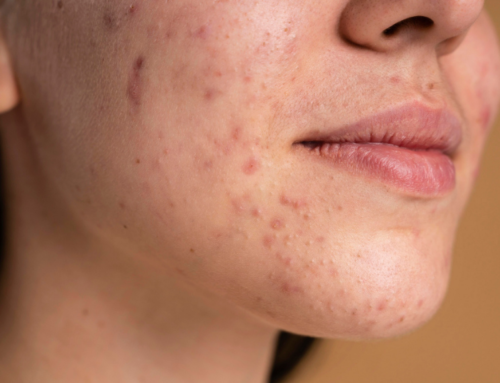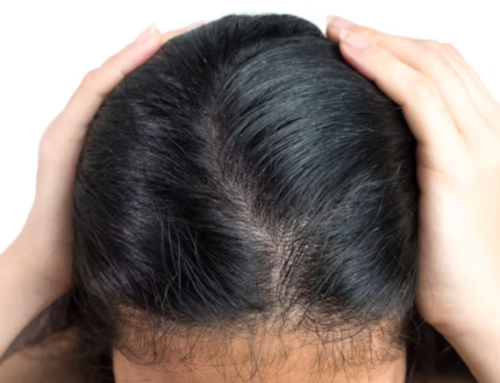In the past year, when the whole world was affected by the unprecedented COVID-19, facial masks have been promoted across the world. This preventive technique might cause skin discomfort in some persons. This may be a significant issue, especially for healthcare and vital employees who then wear masks for the whole day.
One cause of sensitivity is because face covers prevent circulation to the skin; as a result, perspiration collects and thus becomes entrapped on the cheeks when the one wearing the mask exhales. Acne might be exacerbated by the darkish, heated atmosphere. Furthermore, masks and face covers can cause skin irritation merely by pressing for it or subjecting it to pollutants.
Itchiness and Dryness
Maintaining a mask for a long stretch of time might induce itching and peeling of the flesh. If it has been composed of a substance like cotton, it might remove essential oil from your face, help keep your skin parched. Additionally, residual from washing solution and material fresheners might cause irritation. Additional residual from washing solution and material fresheners might cause irritation.
Here’s how one can handle this
- Wash your skin with mild, non-abrasive washes such as Dove, Cetaphil, or CereVe.
- Wipe your cheeks clean upon cleaning.
- Replenish damaged skin by using a moisturizing moisturizer. Seek for face moisturizing additives protein that aid in the natural skin order to sustain a good moist environment. Glycerine and hyaluronic acid are examples of such ingredients.
Hypersensitivity and Inflammation
A clinical symptom on one’s skin induced by continuous usage of a face mask is very much likely irritating hypersensitivity, the much more prevalent kind of skin irritation. Direct touch with anything that bothers the skin causes this form of inflammation. Among the indications are:
- Streak of redness
- Scratching that can be extreme
- Face that is damaged and wrinkled
- Rubs and sores which may leak and freeze
- Inflammation, stinging, or discomfort
Hypersensitivity reactions to a substance in the mask, such as rubber, adhesive, steel, or chemical, can potentially cause rashes. Allergic contact dermatitis is the name given to this type of inflammation.
Here’s how one can handle this.
- Recommends the following basic treatments for mild skin irritation.
- Consider antihistamine like Benadryl.
- Apply a topical corticosteroid cream (such as 1% hydrocortisone) two times a day for one fortnight, then once daily for another day or two.
- Make use of a mild skin cleanser.
- Resist using abrasive cleansers, tretinoin, or hydroxyl acid preparations.
Acne
Acne sufferers might experience an uptick in outbreaks as a consequence of donning a face covering. The covering captures any germs or viruses on human skin. When combined with moisture from inhaling and perspiration, this can lead to blocked tissues and outbreaks.
Conventional acne treatments, such as benzoyl peroxide and retinoid therapy, might require some practice to show results. Many doctors advise that using a covering for these sorts of therapies may cause significantly greater discomfort.
Here is how to handle this:
Wipe your face throughout the day with mild, non-comedogenic cleansers (a cosmetic treatment designed to avoid clogging pores).
Living at home involves wearing the mask for as little time as feasible. When you’re not likely to have severe acne, your body will rectify when you shorten the time you spend concealing your skin.
All being said, remember that when things complicate a little too much and home remedies don’t seem to help anymore, don’t think twice and contact a skin specialist in Bangalore, Chennai, Kolkata, or whichever city you live in.
Dr. Pranjal Shamsher is the first Skin Doctor in Bangalore to offer natural, non-surgical and non-invasive treatments for skin disorders. She is a Registered Medical Practitioner (Registration No A-6516) and a true pioneer in Skin-Friendly Treatments.








